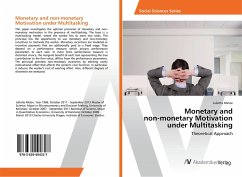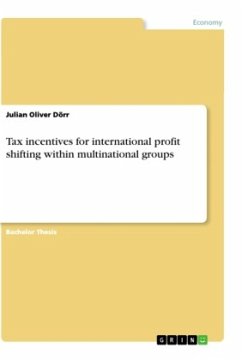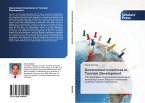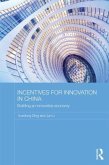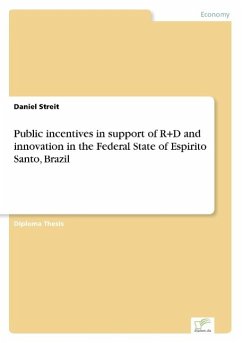This paper investigates the optimal provision of monetary and non-monetary motivation in the presence of multitasking. The base is a multitasking model, where the worker has to exert two tasks. The principal has the opportunity to use monetary and non-monetary incentives to motivate the worker. Monetary incentives are modeled as incentive payments that are additionally paid to a fixed wage. They depend on a performance measure which assigns performance parameters to each task. In most firms performance measure is distorted. Hence, the marginal benefit of each task representing the true contribution to the firm value, differs from the performance parameters. The principal provides non-monetary incentives by exerting costly motivational effort that affects the worker's cost function. In particular, it reduces the worker's cost of exerting effort. Also, different degrees of distortion are analyzed.
Bitte wählen Sie Ihr Anliegen aus.
Rechnungen
Retourenschein anfordern
Bestellstatus
Storno

